With all of the recent high-profile security breaches taking place, it is critical that business leaders from organizations of all sizes analyze their security posture and processes. For many organizations, this task falls on the cybersecurity manager.
A cybersecurity manager serves as the expert on cybersecurity protection, detection, response and recovery. A cybersecurity manager’s responsibilities will vary tremendously based on the size of the team and the industry, but there are still a number of functions this individual will be tasked with.
Compiled by BitSight Technologies, this slideshow offers 10 critical responsibilities every cybersecurity manager must consider.
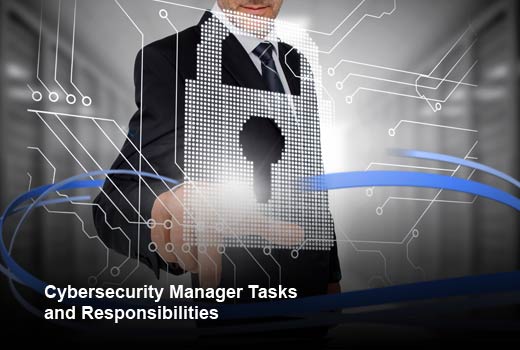
Cybersecurity Manager Tasks and Responsibilities
Click through for 10 critical responsibilities every cybersecurity manager must consider, as identified by BitSight Technologies.
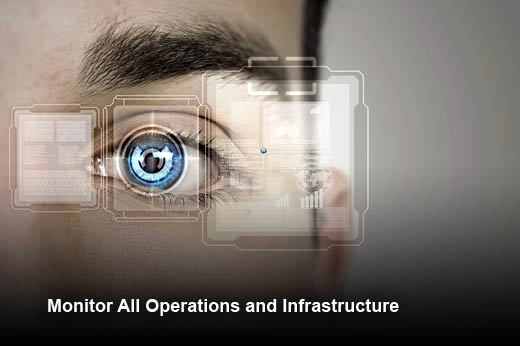
Monitor All Operations and Infrastructure
This could be something you do by yourself or with a team. Either way, your daily routine needs to involve going through alerts and logs (which are the computer security equivalent of video surveillance) in order to keep an eye on your organization’s digital security footprint.
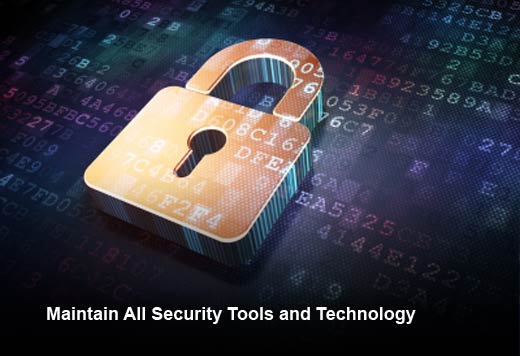
Maintain All Security Tools and Technology
This could be a shared responsibility or required only of the security manager. With the number of different tools most companies have in place today, with each requiring its own discipline, sharing this responsibility with a team is most prudent.
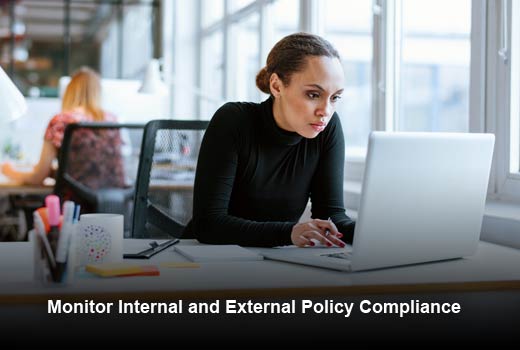
Monitor Internal and External Policy Compliance
Ensure that both your vendors and employees are working within the framework of a policy that you’ve clearly laid out for them. The security manager is the living embodiment of policy — and while they aren’t always in charge of enforcement, they do often try to make sure things are in line internally.
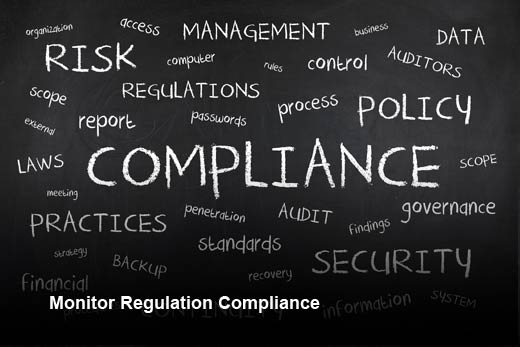
Monitor Regulation Compliance
This is particularly important if you are in a heavily regulated industry and are dealing with things like credit card and health care data or other personally identifiable information.
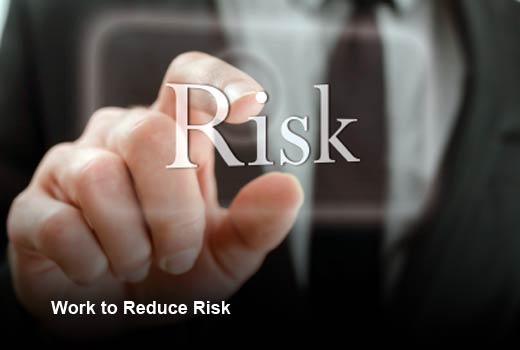
Work to Reduce Risk
From technical controls to policies and everything in between, you will likely be tasked with working across the aisle of departments in your organization to get everyone on the same page.

Implement New Technology
If your organization is looking at a new technology, as the cybersecurity manager, you will be evaluating it and helping implement any controls that might mitigate the risk of its operation.
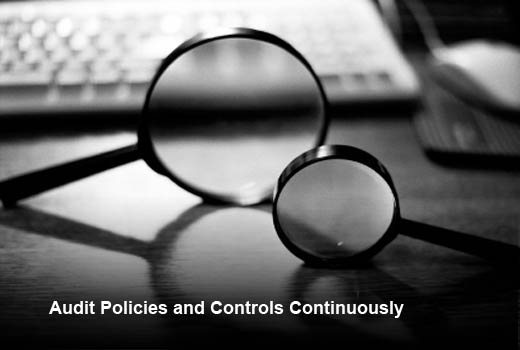
Audit Policies and Controls Continuously
Cybersecurity is a circular process, and as the manager, you must drive that process forward. In order to do so, you will need to regularly audit the policies and controls put into place. These audits will tell you if there is anything you need to improve, remediate, or quickly fix.
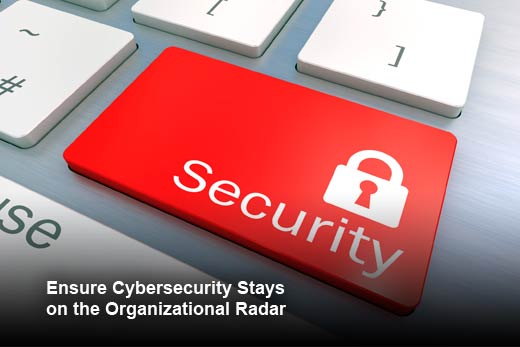
Ensure Cybersecurity Stays on the Organizational Radar
Does it seem as though the organization you are with isn’t being proactive about cybersecurity? As the cybersecurity manager, your job is to make the benefits clearly visible and champion all efforts moving forward.
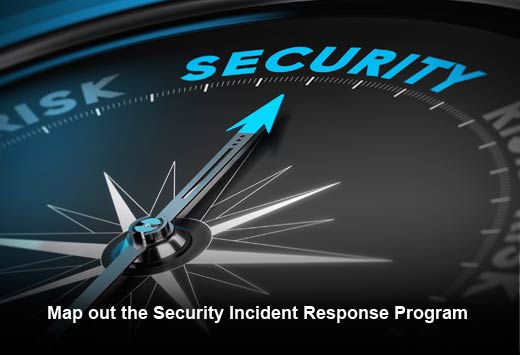
Map out the Security Incident Response Program
Every organization should have a well-defined and documented plan of action to put into place if a security incident does occur. The cybersecurity manager should ensure that this program is tested throughout the organization and that every high-level manager knows his or her duties during such an incident.

Transparency for the Board
The CISO is involved in briefing the board members on cybersecurity, but depending on the size and maturity of the security program in your organization, this may fall on the cybersecurity manager. If this falls on the manager, focus on communicating the state of your information security program, including your successes and failures.



















